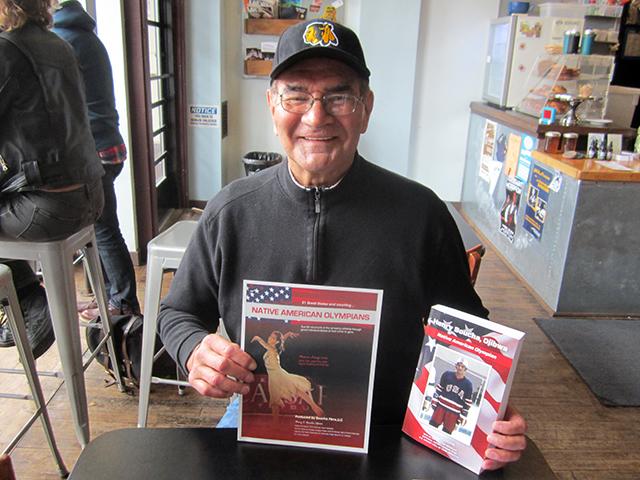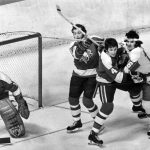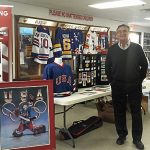
What does Henry Boucha, Minnesota’s most famous Native American athlete, think about Sam Bradford — should the Vikings’ star
quarterback talk about his Cherokee roots?
“Oh, it would be wonderful,” said Boucha, sitting last week at Five Watt Coffee in Minneapolis, and sporting a baseball cap festooned with the logo of his high school alma mater, the Warroad Warriors. “But people don’t even know [Bradford is part Cherokee] because he doesn’t talk about it. People just don’t talk about it.
“It’s the same with [former Vikings safety] Joey Browner. He’s black, but he’s half Indian, from Ohio, and when he was growing up the Indians were so undeservedly targeted for being Indian that his mother and dad said, ‘Don’t tell anyone you’re Indian. Just say you’re black, and you’ll get through.’ So now he’s come out as half Indian, and he’s a good friend.
“But a lot of people won’t talk about it. Some of my cousins in Michigan were brought up the same way — their mom, dad, grandma and grandpa would say, ‘We don’t want to talk about that. We don’t want people to know we’re Indian.’ But now it’s kind of going the other way, where they’re digging out their old papers that will show some connection to a tribe, somewhere.”
Because of that mindset and because “nobody’s ever done this before,” Boucha is on a mission to tell the tales of Native American Olympic athletes via a planned series of one-hour documentaries. A former star in high school and with the Minnesota North Stars and Detroit Red Wings, Boucha himself is one of America’s most accomplished Native athletes, a full-blooded Ojibwe who won a silver medal in the 1972 Olympics in Sapporo, Japan.
Now he wants to tell the stories of the likes of gure skater Naomi Lang, marathoner Frank Pierce, boxer Virgil Hill, synchronized swimmer Mary Hillman, hockey player T.J. Oshie, and, along with Boucha, the most famous Native American Olympian, track star Jim Thorpe.
“There’s 17 in Canada and 23 in the United States,” according to Boucha; the irony being, of course, that the U.S. Native Olympians represented and played for a country that was built on the blood of their ancestors.



